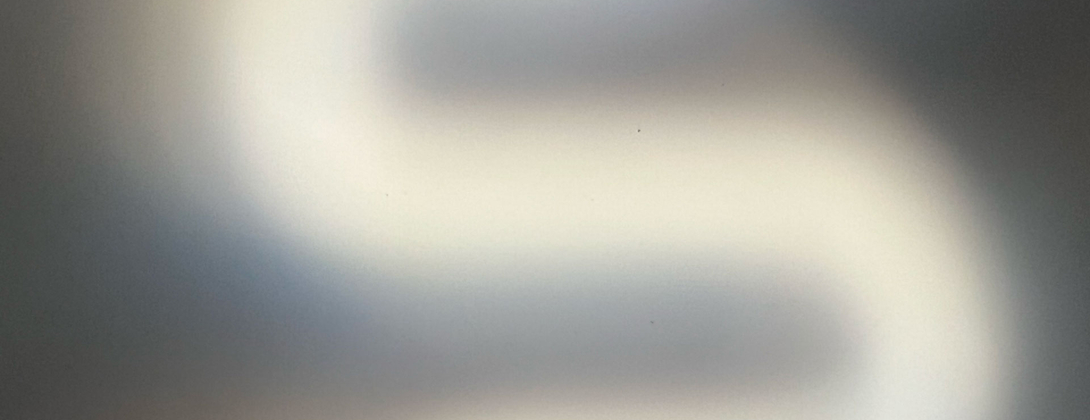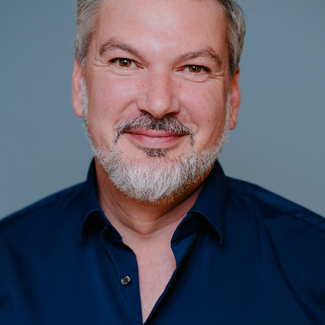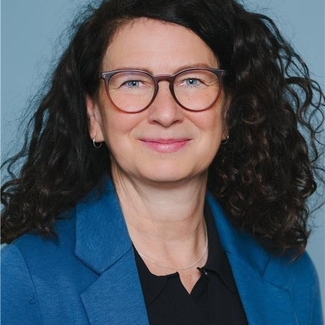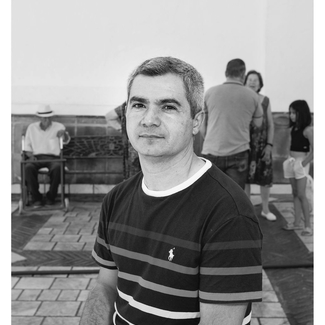Arts & culture, and health & well-being, are two connected fields, historically, ethically and perhaps even technologically. Traditionally, arts and health collaborations have included:
- Animation and leisure activities led by artists in hospitals, and vice versa, such as exhibitions on the topic of medicine in art spaces.
- Art therapy: Using creative methods of artistic self-expression to supplement conventional therapies.
- Display of artistic works in medical and healthcare venues. - Commissioned artworks and performances in hospitals
There is little doubt that arts-based interventions in healthcare contexts reduce stress, improve recovery times and even reduce the use of healthcare services. However, art and health collaborations are entering new territory:
- Cultural/Social prescribing, also known as arts on prescription: Doctors referring patients to creative activities, such as museum visits, to improve mental and physical well-being.
- In 2021, approximately 57 million people worldwide were living with dementia, with nearly 10 million new cases added each year. Alzheimer's disease is the most common form (approximately 60-70%). The quality of life of those affected and their relatives is often severely impacted, especially in rural areas. Loneliness is also often a major problem. Art helps people with dementia by promoting nonverbal communication, evoking memories, and triggering emotions. It can strengthen mental fitness, increase self-esteem, and have a calming effect. Both creative work and viewing art can have positive effects.
Within this polyclinic session we will interactively discuss challenges within this cross-sectoral and include visitors into the creation of a future of ruban (rural-urban) knowhow transfer. This will be done on two real-world examples which are at a starting point and have different approaches to work on rural innovation with open innovation in science and art. Expanded Pharmacy together with Lab Genalguacil works on a future version of socio-technolgical enriched support structures from art and science and the “Ankerpunkte” Project which focuses on artistic-creative increasement of quality of life (QOL) for Alzheimer patients and relatives in Upper Austria




